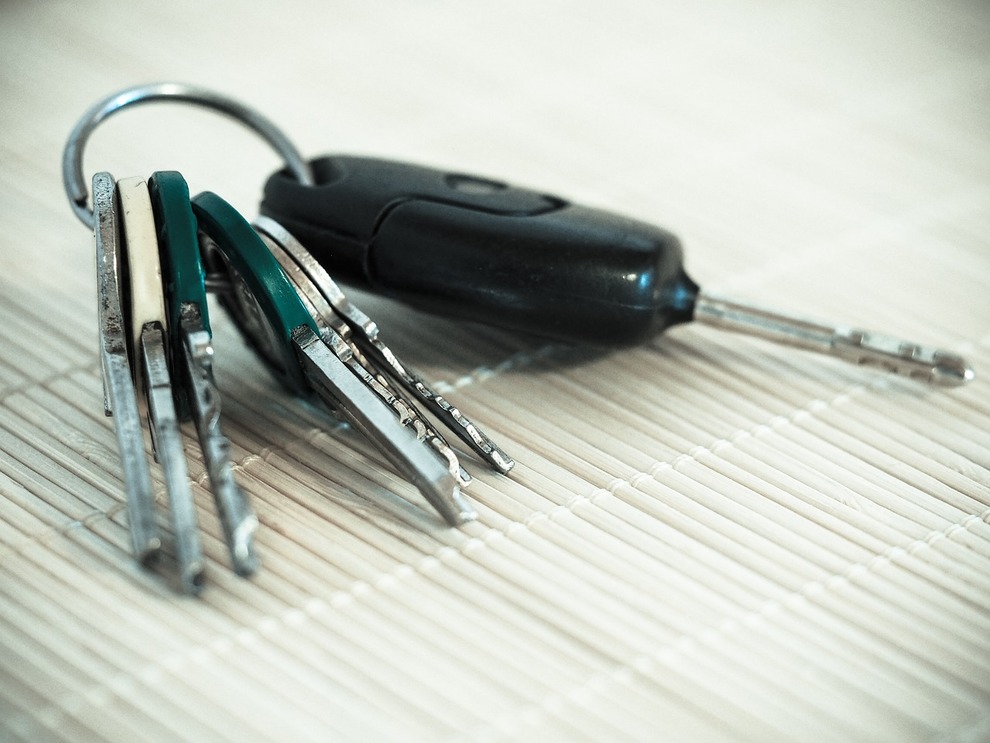He Wants His Car Back. What Should We Do?

This post originally appeared on our Member Site blog, where experts respond to members’ questions and concerns. Take advantage of our current special offer today and get full access to Allies in Recovery’s eLearning program. Details here.
Dominique Simon-Levine helps this mother understand that they are on the right track
It’s so hard to stay with it, whether you are the family or the person with the addiction. This seems trite but is so very true: you can’t do it alone. People ask for rides all the time at meetings, and no one is shamed for asking; it’s a way for an AA person to be of service. So this jumped out at me as being a stretch in the argument for the car.
You have been so strong in your efforts. Your son is in a sober house and is approaching two months sober. The issue is the car, which is wrapped up in outstanding warrants and needed repairs. The context is what appears to be his waning energy for sobriety. You’ve seen it before and are scared.
Without a job your son can’t get and keep a car on the road. With outstanding warrants, he is in danger of being arrested if pulled over.
It seems that these two things must be addressed before returning the car to him. So often a person gets sober at the time everything is caving in around them. One can mistake sobriety for life falling apart.
It’s confusing for the family …
Do you reward the loved one for being sober by meeting their request or on the contrary, let them struggle with the consequences of their use.
Perhaps you step in a little by providing Ubers for the job search and also address the outstanding warrants: reward his current efforts with help getting the car on the road.
One thing—if you haven’t cleaned out the car of drug paraphernalia, leave it. It can be shocking to see what a mess you’ve been living in.
Now is the time to replenish your batteries
You and your other family members need more ways to replenish your batteries. When you are worn out, the feelings of fear and worry can become unstoppable. For today, your son is doing what he is supposed to be doing and he is now safe. No one has more than that.
Reaching out on this site is a good start. Is there a support group in your area? I know you are an old hand at this so go back to basics, the modules on this site mention AA’s HALT: Hungry, Angry, Lonely, Tired. What can you do today to calm the worry? Learning Module 7, available to our members (view an excerpt here) describes the tendency towards negative feelings. While much is good, our tendency as humans is to look for the exception, and to chew on it. This Module will help you deconstruct your worry and locate where you may be distorting your thoughts in a way that is further dragging you down. We just posted the African Children’s Choir on the Sanctuary, a place where you can get away, breathe, and take time for yourself. It will fill your heart with hope.
And find peace where you are
For anyone whose loved one is in treatment: you’ve discovered that this doesn’t totally eliminate the worry, which is a terrible surprise. Your experience still pulls you towards the negative outcomes. Predicting the future based on the past may seem natural or informed but no one actually can predict the future.
You are staying connected with your son and have fought to get him this far. You are doing what you can. The rest is not up to you. You are at the limit of your influence. The work in this place is to let go of the rest and to find peace where you are. A tall task, and one, yes, that involves more effort for you. Deep breath, look inward, find meaning and pleasure in your life apart from your son. We are learning from your struggle. Thank you for sharing.
Yes, the family DOES have a role to play. Your stance, behavior, and choices DO make a difference. At Allies in Recovery we are absolutely convinced of this. “Tough love” is not a successful technique. Our learning platform is set up to help family members learn the techniques that will reduce conflict, build that bridge of communication, and be effective in guiding your loved one into treatment. Together we will move your loved one towards recovery. Learn more here.
